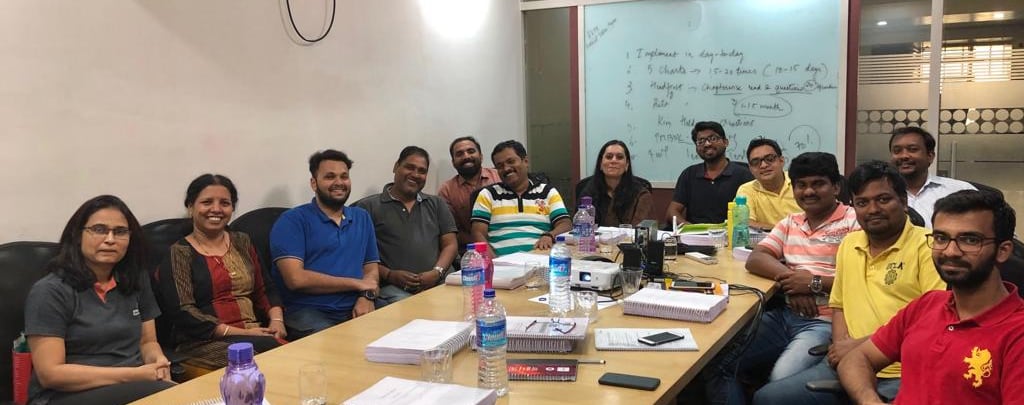Add your promotional text...
The PMP Synergy: Bridging Psychology, Engineering, and Business Strategy
Discover the remarkable convergence of psychology, engineering, and business strategy within the realm of PMP. Uncover the unique synergy that arises when these diverse disciplines intersect, and explore how their integration enhances project management strategies for unparalleled success
PMP THEORY CONCEPTS
1/6/2024


Project Management Professional (PMP) certification is not merely a credential; it's a unique blend of disciplines that harmonize psychology, engineering, and business strategy. In this article, we explore the dynamic fusion of these diverse elements within the realm of PMP, showcasing how this synthesis is pivotal in the successful execution of projects.
1. The Psychology of Leadership: At the heart of project management lies the psychology of leadership. PMP emphasizes the development of strong leadership skills to navigate the complexities of team dynamics. Understanding team motivations, effective communication, and conflict resolution are integral components that draw from the field of psychology, ensuring project leaders can inspire and guide their teams effectively.
2. Engineering Precision in Planning: Engineering principles form the backbone of project planning and execution. PMP delves into the meticulous process of project initiation, planning, execution, monitoring, and closure, aligning closely with engineering methodologies. Precision, attention to detail, and systematic approaches derived from engineering contribute to the successful implementation of projects.
3. Business Strategy Integration: A successful project is not just about delivering on time and within budget; it's about aligning with overarching business strategies. PMP professionals are equipped with the acumen to integrate project objectives seamlessly with organizational goals. This intersection of project management and business strategy ensures that projects contribute meaningfully to the broader success of the enterprise.
4. Stakeholder Psychology and Communication: Understanding stakeholder psychology is a key element in project success. PMP emphasizes effective communication strategies tailored to diverse stakeholders. Whether conveying technical details to engineers or presenting business impacts to executives, the psychological nuances of stakeholder engagement are intrinsic to the PMP framework.
5. Risk Management and Decision Psychology: PMP instills a comprehensive understanding of risk management, drawing from decision psychology. Project managers are equipped to assess, mitigate, and navigate risks, making informed decisions that impact project outcomes. This integration of decision psychology ensures a balanced and calculated approach to project uncertainties.
6. Motivating Teams: Motivating project teams is a psychological art within the PMP landscape. Project managers, armed with psychological insights, can tailor motivational strategies to individual and team dynamics. Recognizing achievements, providing constructive feedback, and fostering a positive team environment are vital aspects that contribute to project success.
7. Agile Methodology and Human-Centric Design: The Agile methodology, embraced within the PMP framework, emphasizes iterative development and continuous feedback. This approach aligns with principles of human-centric design, considering the end-user experience and preferences. PMP professionals incorporate these human-centric aspects to ensure the final project meets user needs effectively.
PMP, at its core, is a symphony that orchestrates psychology, engineering, and business strategy. It acknowledges the human element in project management, leverages engineering precision in execution, and aligns projects with overarching business objectives. As professionals traverse the PMP journey, they not only acquire a credential but become architects of successful projects, drawing from the rich tapestry of diverse disciplines. The fusion of psychology, engineering, and business strategy within PMP is a testament to the holistic approach needed for effective project leadership and management in today's dynamic and interconnected world.
Courses
Resources
FREE Tutorials
About
Instructor profile
Help
Legal
Stay Connected
@Copyright All Rights Reserved 2026, Tasmur PMP, PMI, PMBOK, CAPM, ACP, PBA, RMP, are registered marks of the Project Management Institute, Inc.
